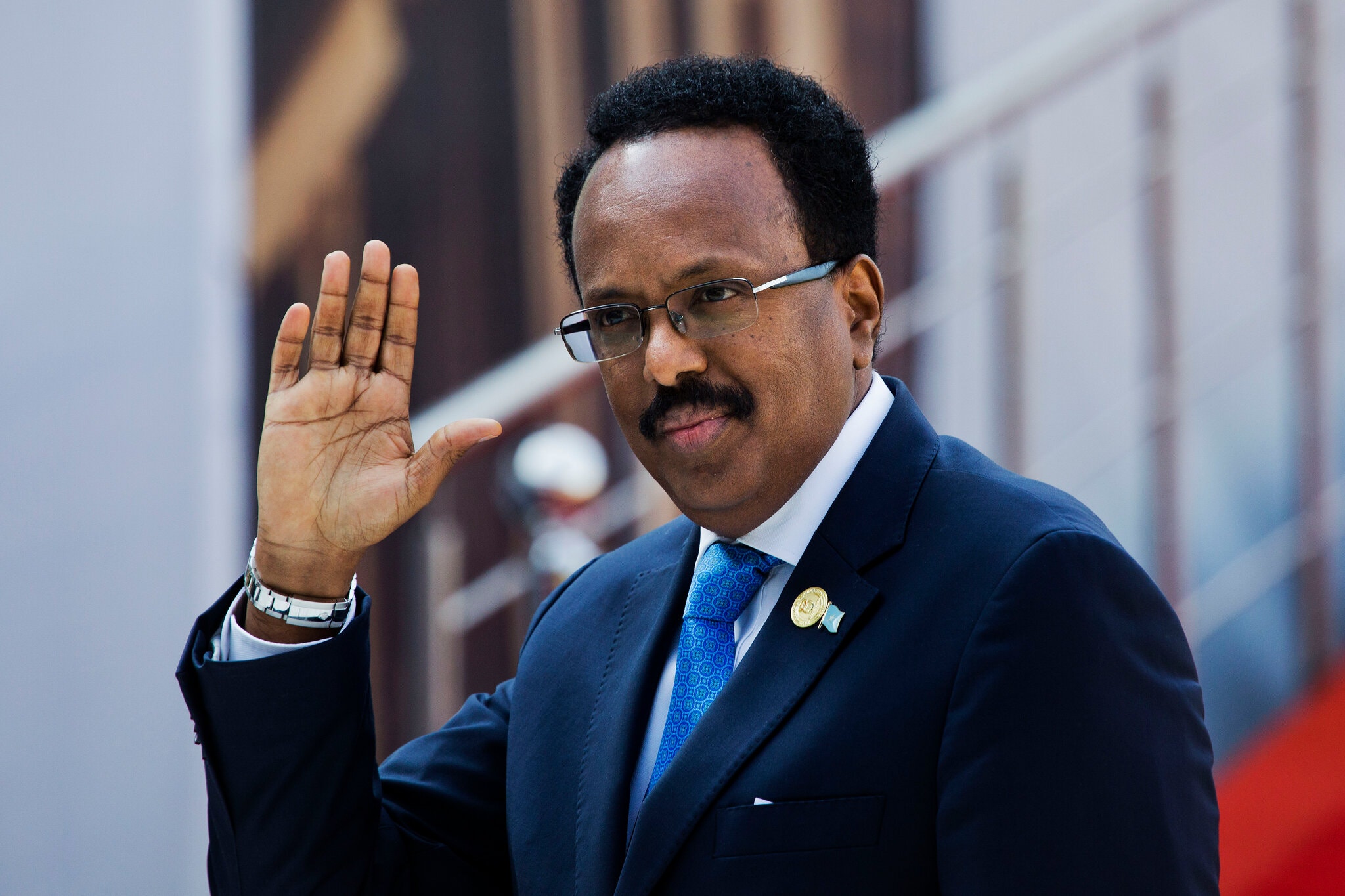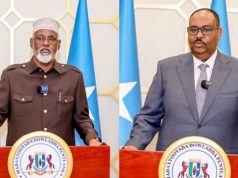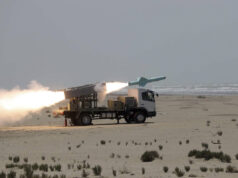
His bid to stay in office an extra two years, without elections, has led to gunfights in the capital and fears that Somalia is backsliding into a disastrous conflict.
During his years as an administrator at the Department of Transportation in upstate New York, the Somali refugee turned U.S. citizen earned a master’s degree in American Studies, imbibing democratic values he hoped to one day export back to his homeland.
That dream came true for Mohamed Abdullahi Mohamed in 2017, when he returned to Somalia and was elected president in a surprise victory that evinced high hopes he might reform — even transform — his dysfunctional, war-weary country.
But those aspirations have crumbled since Mr. Mohamed failed to hold elections when his four-year term ended in February, then moved to extend his rule by two years — a step many Somalis viewed as a naked power grab.
A furious political dispute turned violent on Sunday when a series of gunfights broke out between rival military factions in the capital, Mogadishu, evoking fears that Somalia, after years of modest yet gradual progress, could descend into the kind of clan-based bloodshed that ripped it apart in the 1990s.
Now Mr. Mohamed’s democratic credentials lie in tatters and he is in an open confrontation with his former ally, the United States, where he still has a family home. Secretary of State Antony J. Blinken has publicly threatened to sanction Mr. Mohamed and other Somali officials, and this week American officials reiterated calls for Somalia to hold elections immediately.
“His entire brain power is focused on his ascendancy, and how he can dominate the scene,” said Abdirashid Hashi, a former cabinet minister under Mr. Mohamed. “His brinkmanship allowed him to get away with a lot. But now all those tactical moves have culminated in the fiasco we are in.”
In an effort to defuse the crisis, Mr. Mohamed agreed to attend Parliament on Saturday. But the capital is on a knife edge, and the stakes are at their highest in years, according to Somali leaders and Western officials. At risk are billions of dollars in aid programs and debt relief, the hopes of young Somalis determined to find a better future and progress in the fight against insurgents with Al Shabab, one of the world’s best organized and funded Al Qaeda affiliates.
Mr. Mohamed did not respond to a request for an interview or to questions sent to his aides.
Popularly known as “Farmaajo” — a derivation of the Italian word for cheese and purportedly his father’s favorite food — Mr. Mohamed was once the bearer of many Somalis’ hopes.
Celebratory gunfire erupted across Mogadishu in 2017 following his unexpected election victory, and he quickly gathered support across the political and clan spectrum from Somalis who supported his promises of an anti-graft, anti-Shabab crusade. “The first months were amazing,” said Col. Ahmed Abdullahi Sheikh, then the commander of Danab, an elite American-trained commando unit. “I thought I’d met my hero.”
American officials were also impressed. Although at least five American passport holders ran for the presidency that year, Mr. Mohamed was widely seen as less corrupt, more reform-oriented and less manipulated by foreign interests than the other 24 candidates.
“This is the beginning of unity for the Somali nation,” Mr. Mohamed told supporters shortly after winning the election.
Mr. Mohamed came to the United States in 1985 as a junior diplomat at the Somali Embassy and, as his country tumbled into conflict, decided to stay. A family friend said he first applied for political asylum in Canada, where his mother and siblings lived, and later obtained a Canadian passport.
But in the early 1990s, Mr. Mohamed, newly married, moved back to the United States where his family eventually settled in Grand Island, next to Buffalo and Niagara Falls.
He studied history at the University at Buffalo, became an American citizen, campaigned for a Republican candidate in county elections, and in 2002, got a job at the New York Department of Transportation.
An episode from that period of Mr. Mohamed’s life offered a hint of the political style that has brought Somalia to a dangerous junction.
Several Somali-American leaders said that in 2007, a bitter dispute erupted inside a Somali community group that Mr. Mohamed led in Buffalo. His two-year term was coming to an end, but some members accused him of trying to cling to power by manipulating the electoral process, they said.
The Somali-Americans, who spoke on the condition of anonymity to protect their connections to the president’s family, said the dispute ended with the community group splitting in two.
Mr. Mohamed broke into Somali politics in 2010 when he so impressed the president of Somalia, Sharif Sheikh Ahmed, on a visit to New York that Mr. Sharif made him prime minister.
But Mr. Mohamed lasted only eight months in the job, forced out by Somali political machinations, and he was soon back at his desk at the Department of Transportation in Buffalo, where he enforced nondiscrimination and affirmative action policies.
The great hopes many Somalis invested in Mr. Mohamed in 2017, when he won the presidency against all expectations, stemmed partly from his public image as a calm and bespectacled, if somewhat uncharismatic, technocrat. But disappointment soon set in.








